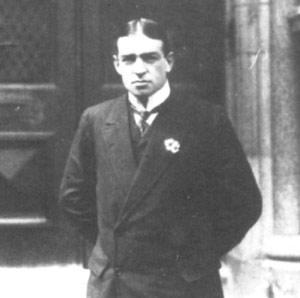
| Glasgow Digital Library | Voyage of the Scotia | BRUCE | PEOPLE | SHIP | ANTARCTIC | INDEX |
|---|
Sir Ernest Shackleton was quite exceptional in his achievements in the Antarctic. He never achieved his aims, was not well trained for the Antarctic, but remains one of Britain's most famous and most respected explorers. The epic survival of the crew of Endurance on Shackleton's third visit to the Antarctic remains one of the greatest polar stories, leaving Shackleton as Britain's greatest polar hero.

Shackleton came from Yorkshire of Anglo-Irish descent. He went to sea aged 14 and in 1890 sailed around Cape Horn - taking two months to round the cape. He was to repeat this voyage four more times. He successfully passed his examinations and acquired his master's certificate in 1898.
In 1899 he was Third Officer on Tintagel Castle sailing to Cape Town. The ship was carrying British troops for the Boer War. A Lieutenant Longstaff became friendly with Shackleton.
Shackleton was very ambitious and hoped to find some way of gaining recognition. When he heard of the British Antarctic Expedition he wished to apply. Longstaff's father was one of the main financial backers, so Shackleton paid him a call. He was then recommended by Longstaff to Clements Markham who willingly accepted a recommendation from one of the expedition sponsors. Shackleton was one of the few Merchant Navy men to go south with Scott's mainly Royal Navy crew.
At the end of the nineteenth century the public became very interested in the polar regions and there were many articles in newspapers. A new type of hero was emerging. The first over-wintering in the Antarctic by Belgica and Nansen's trip on Fram to the Arctic were well documented and reported in the press, .
| Glasgow Digital Library | Voyage of the Scotia | BRUCE | PEOPLE | SHIP | ANTARCTIC | INDEX |
|---|